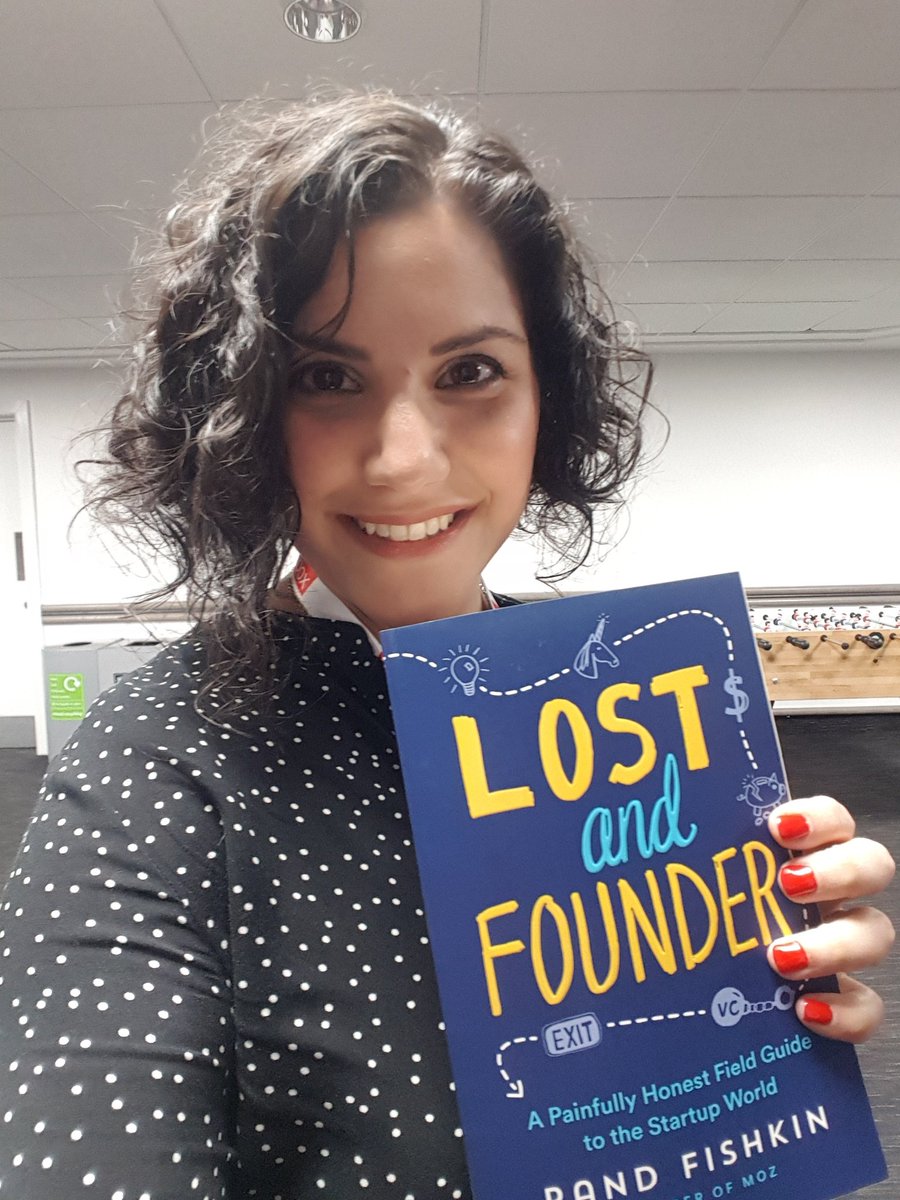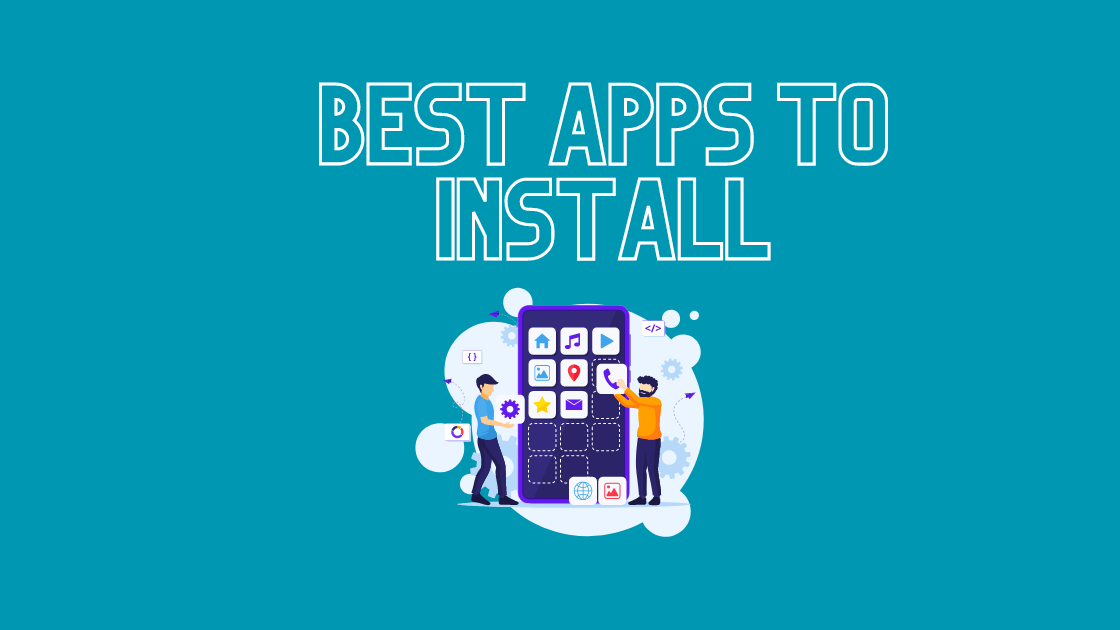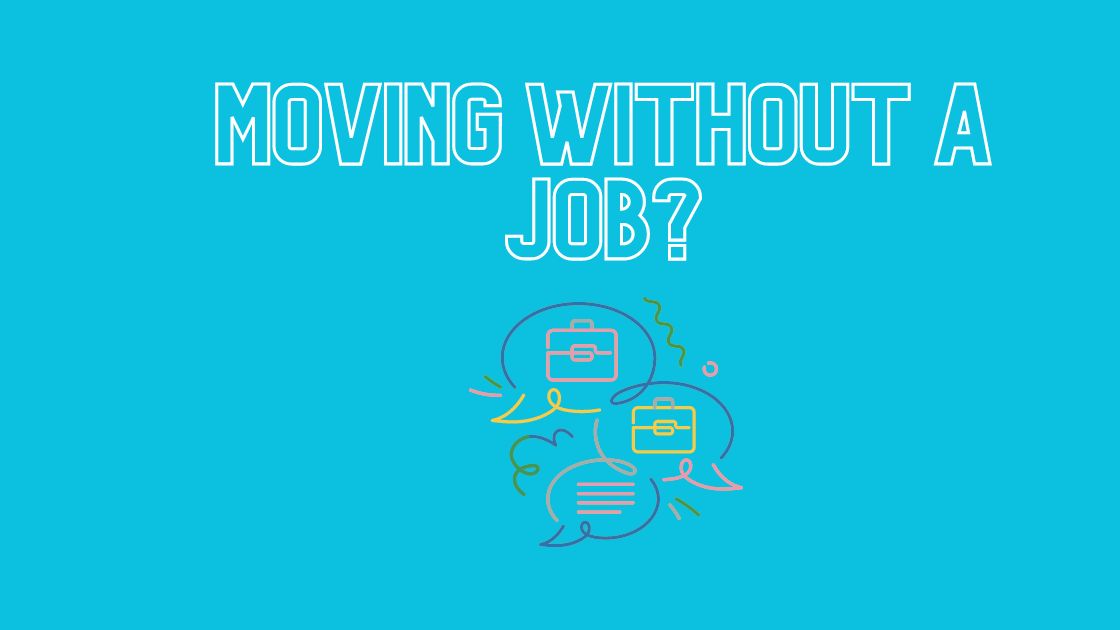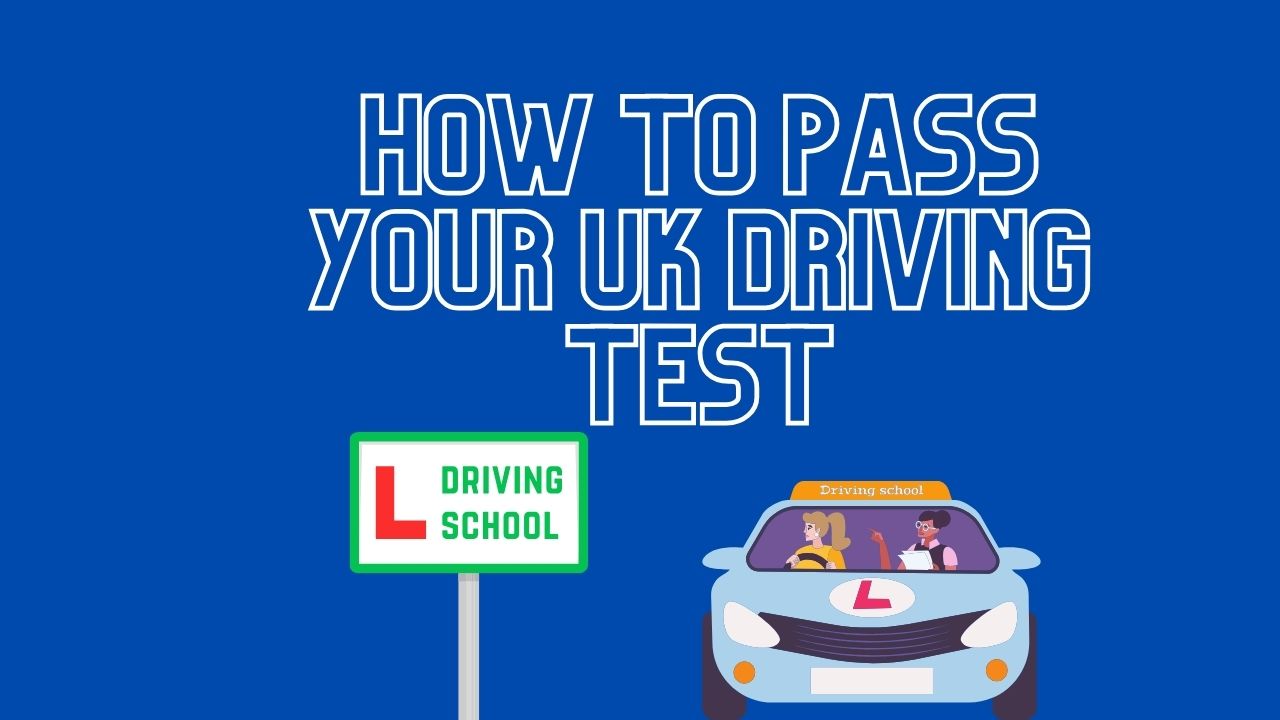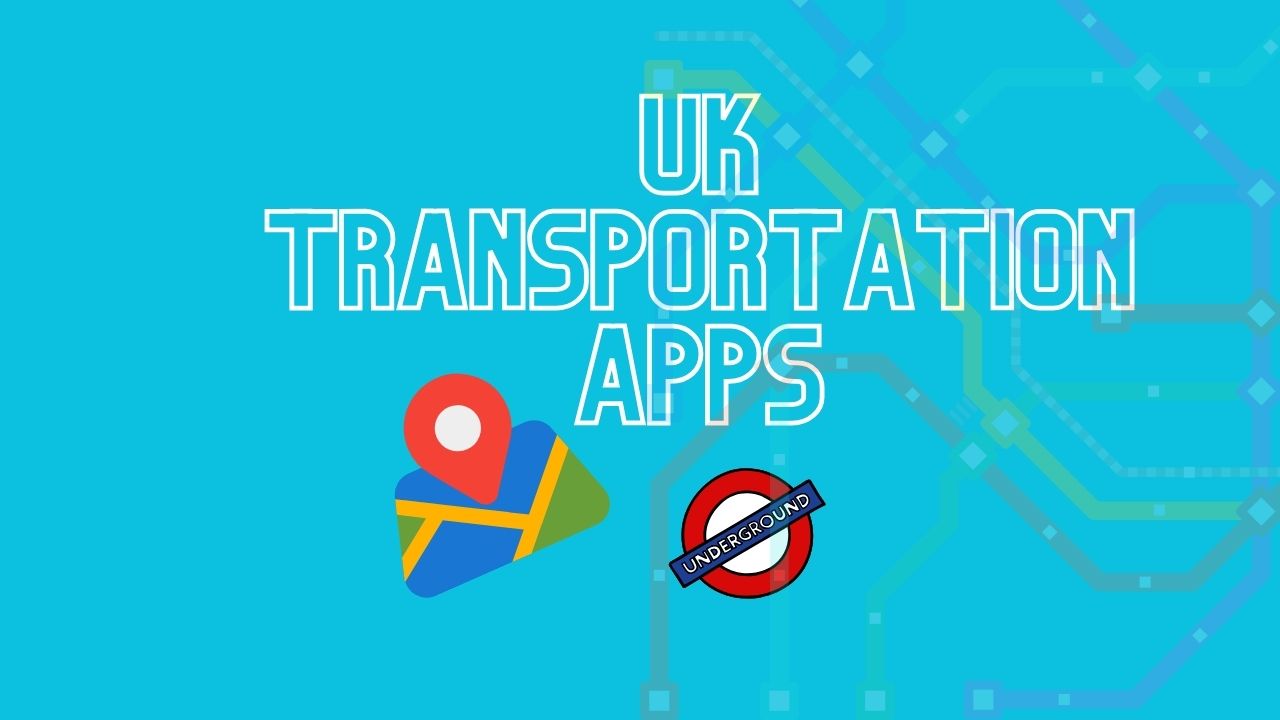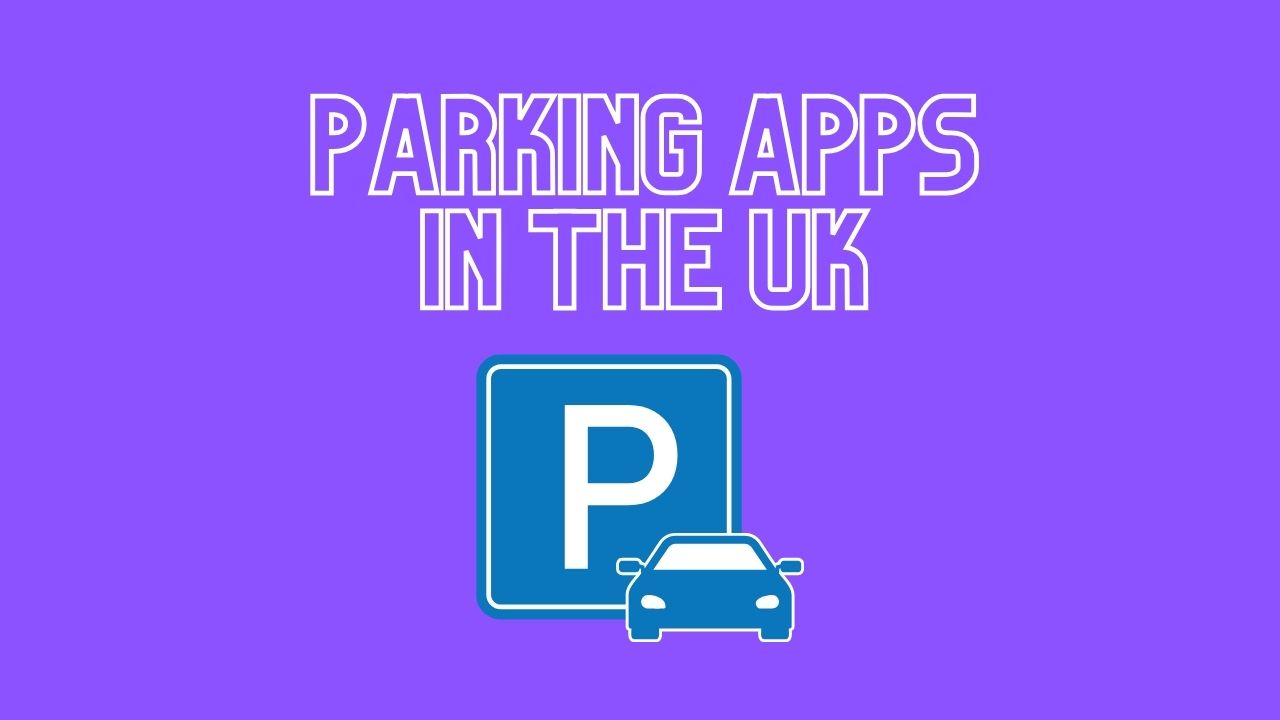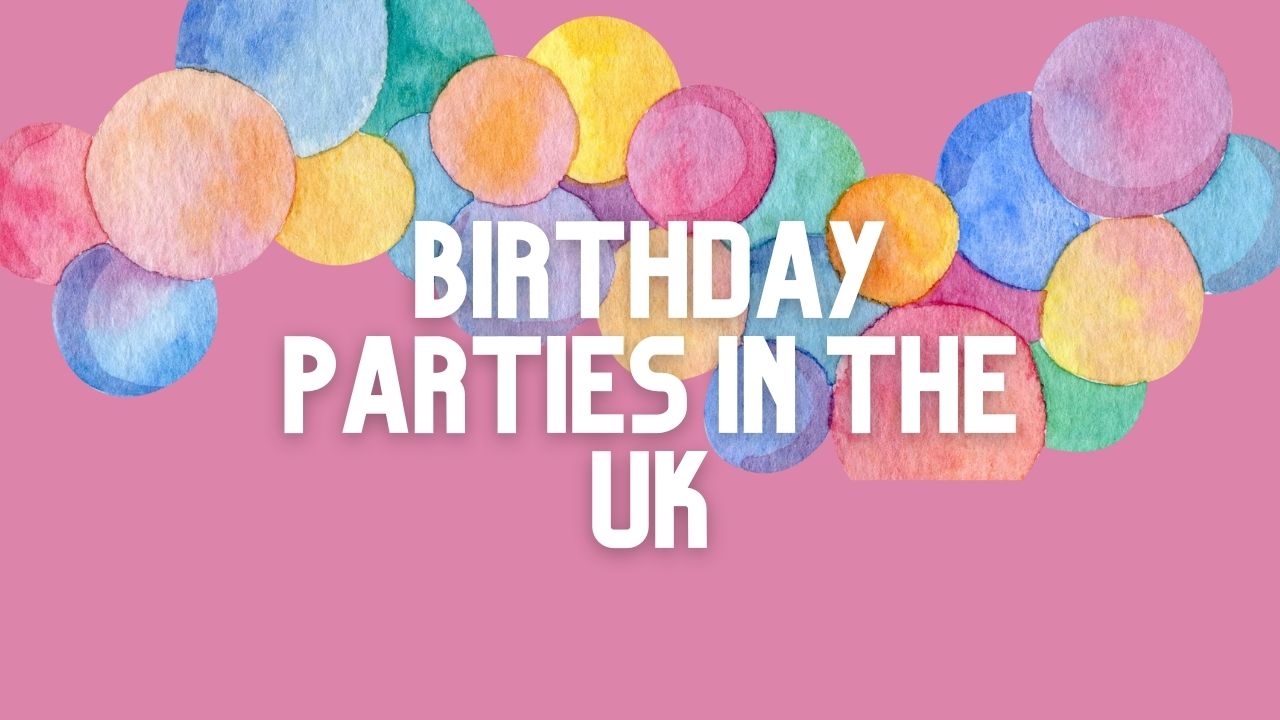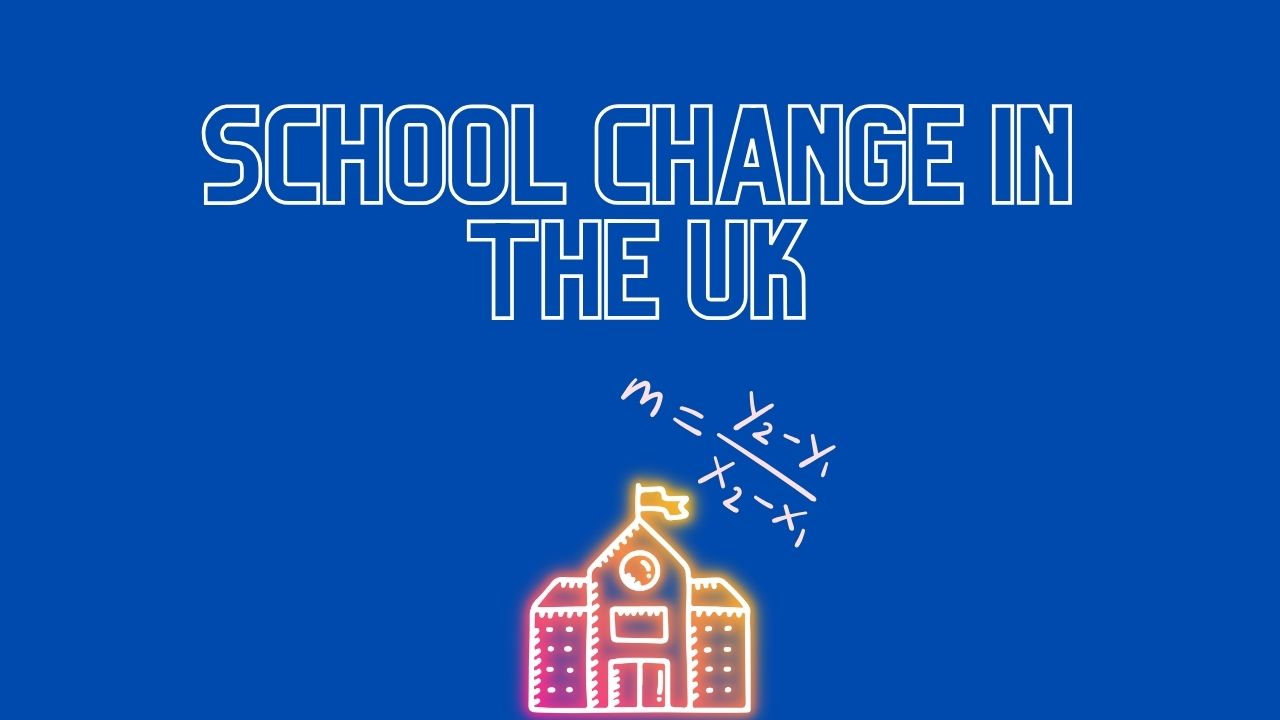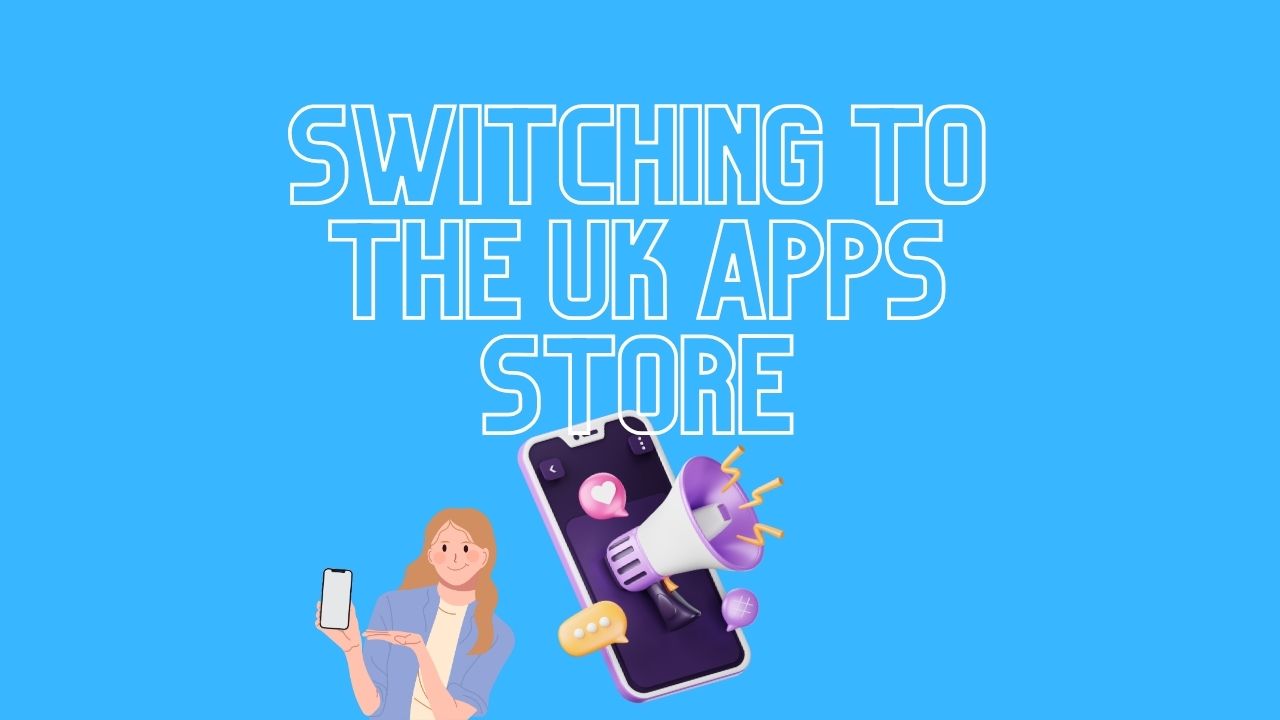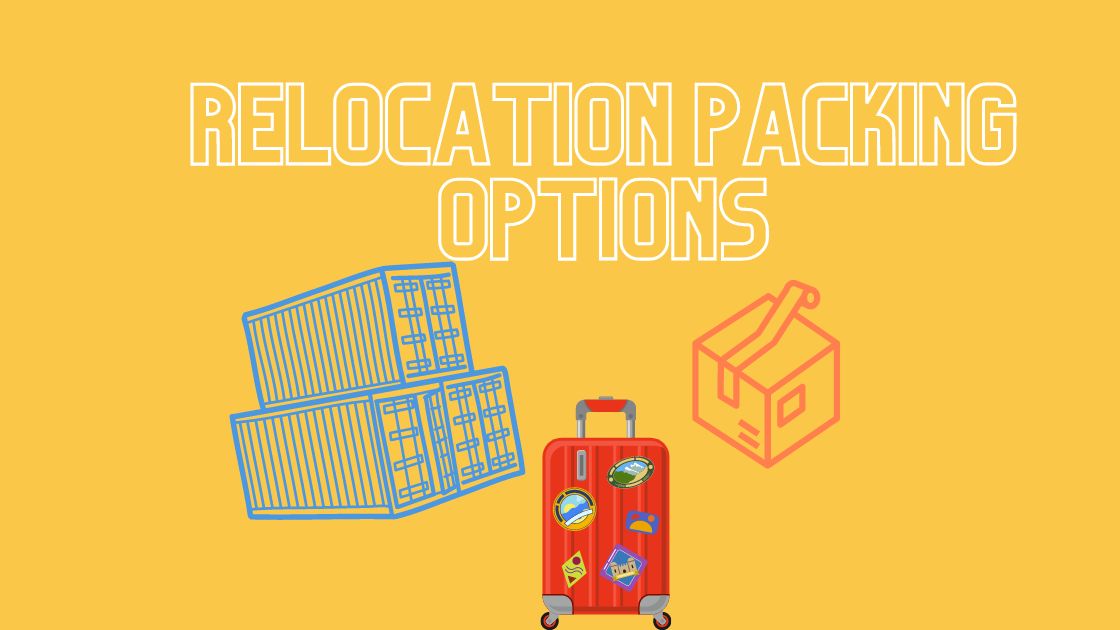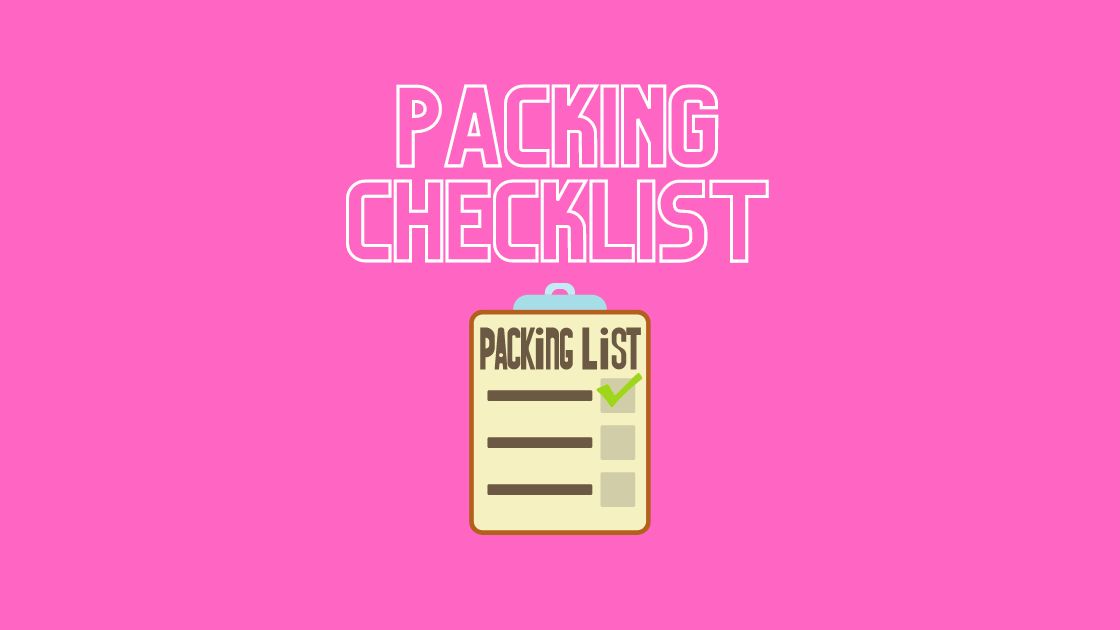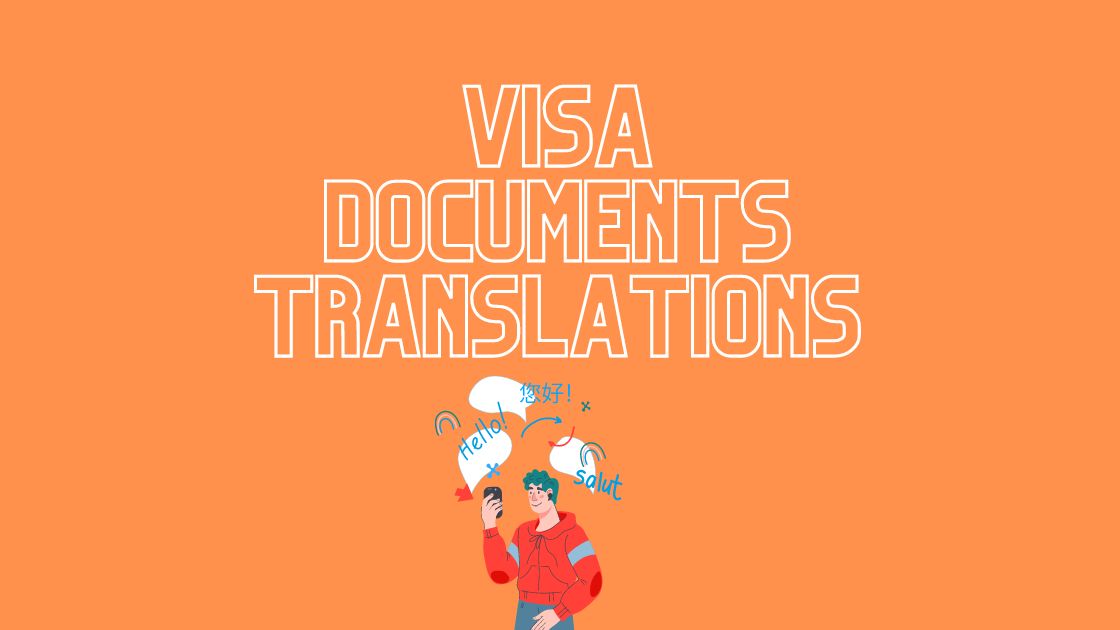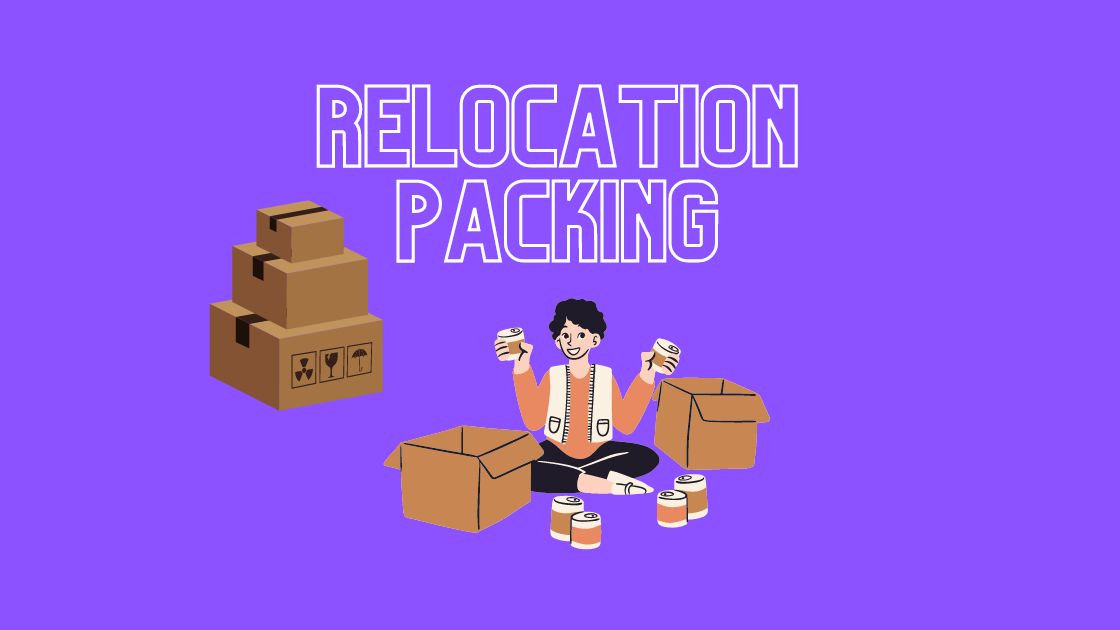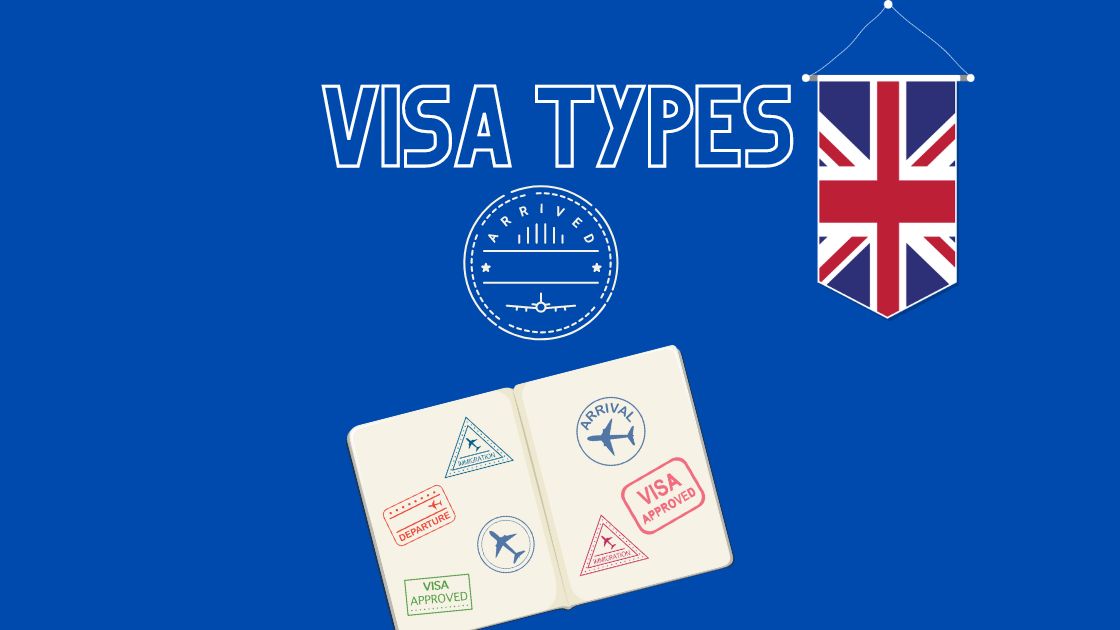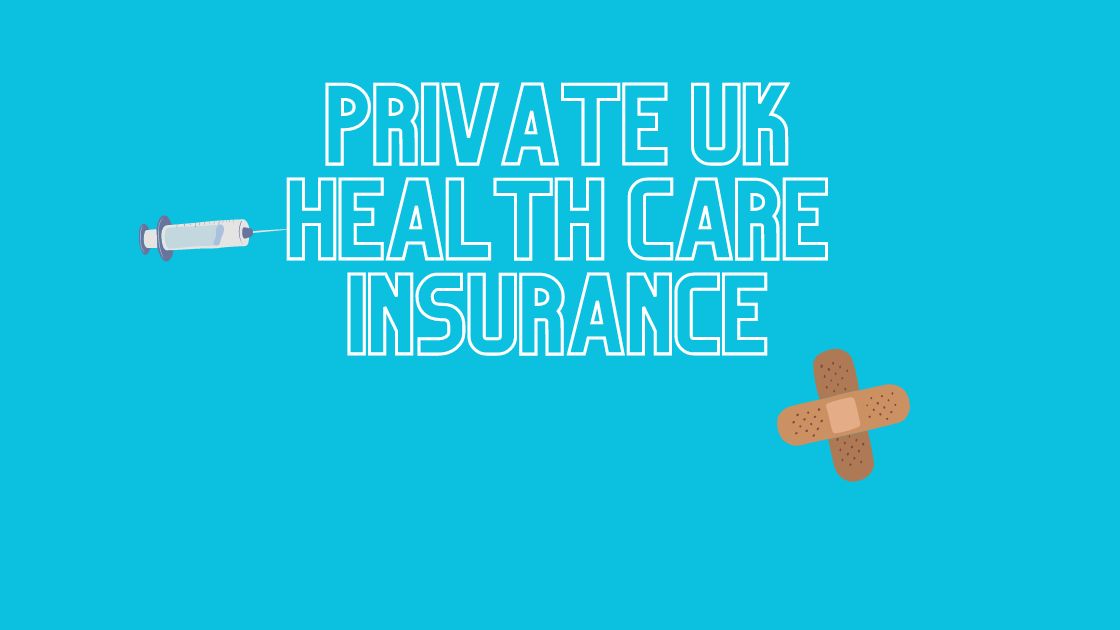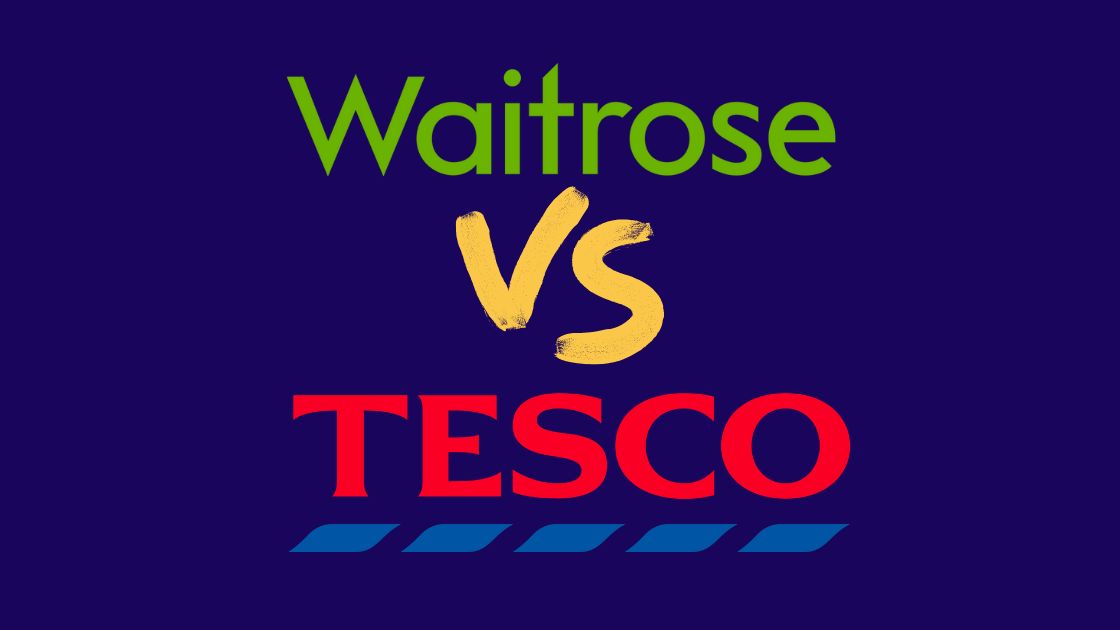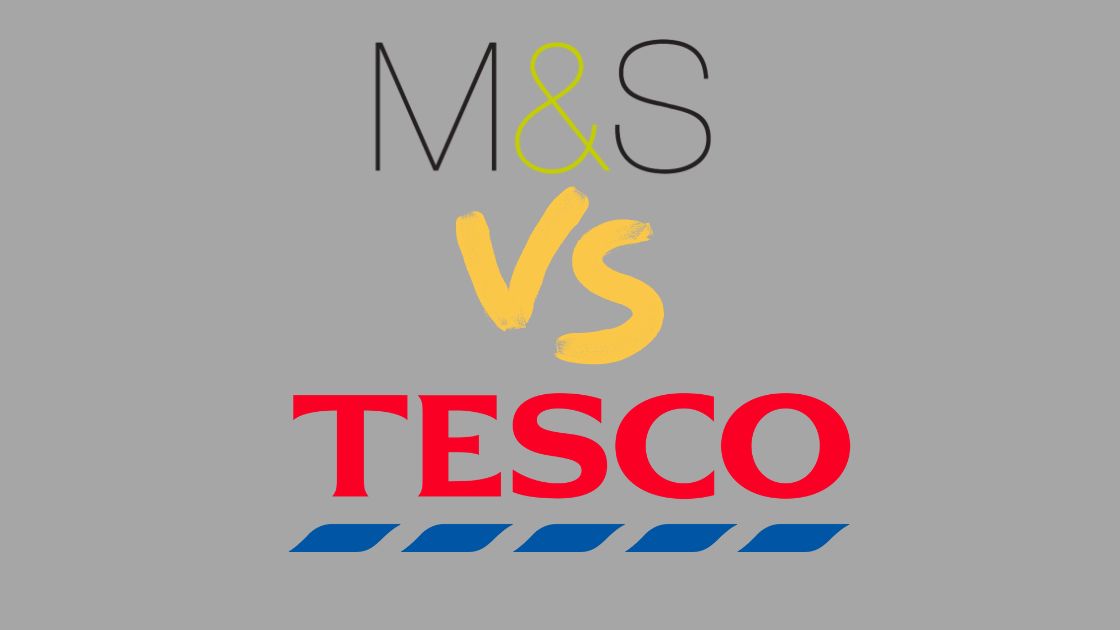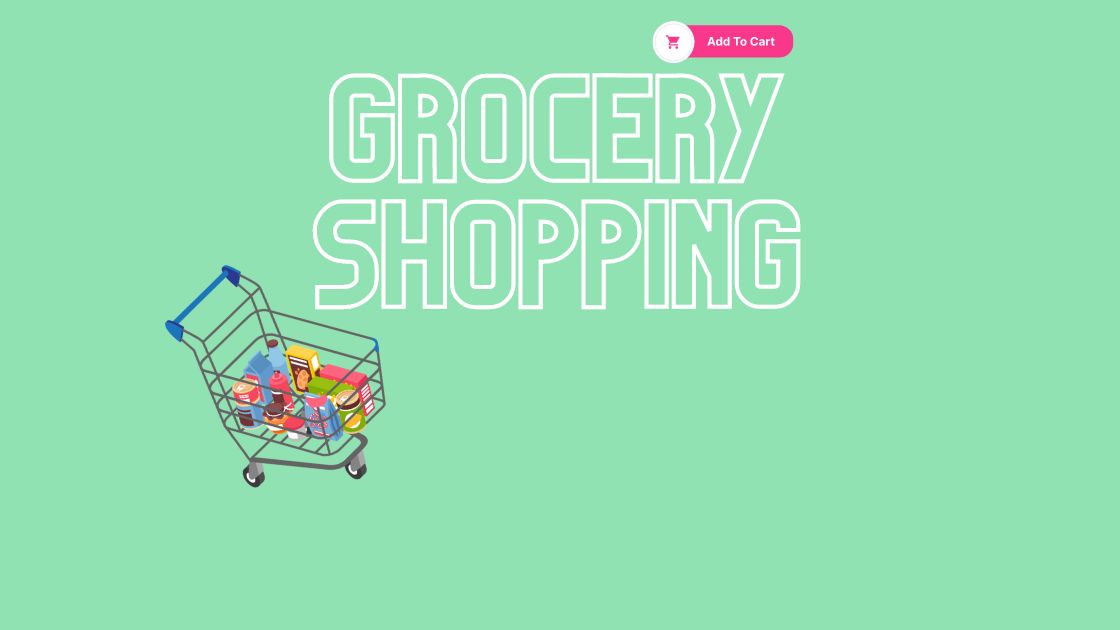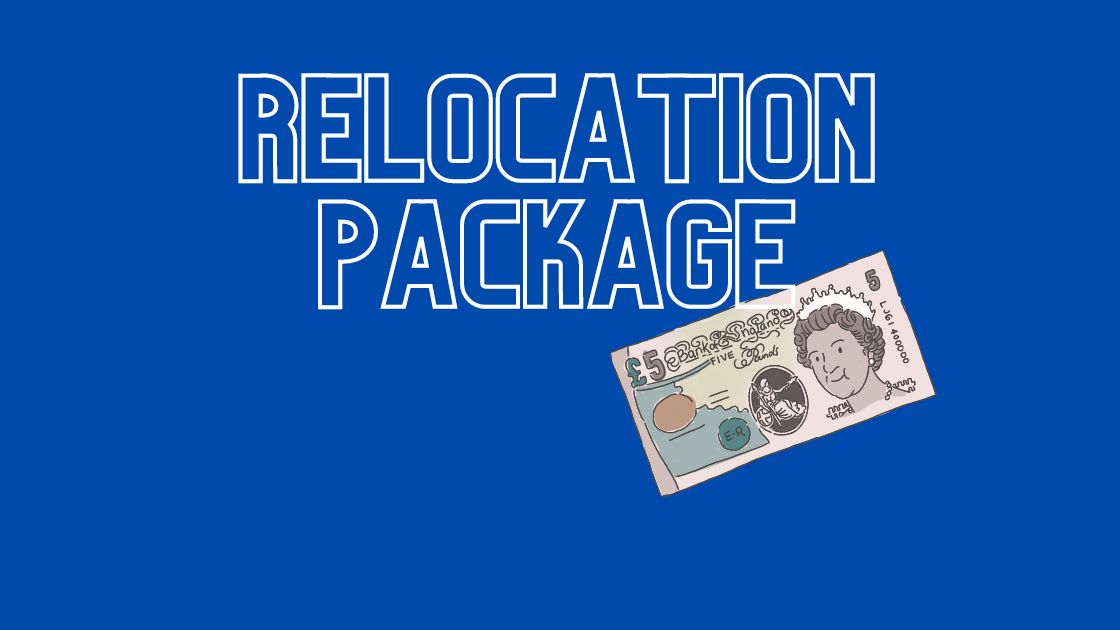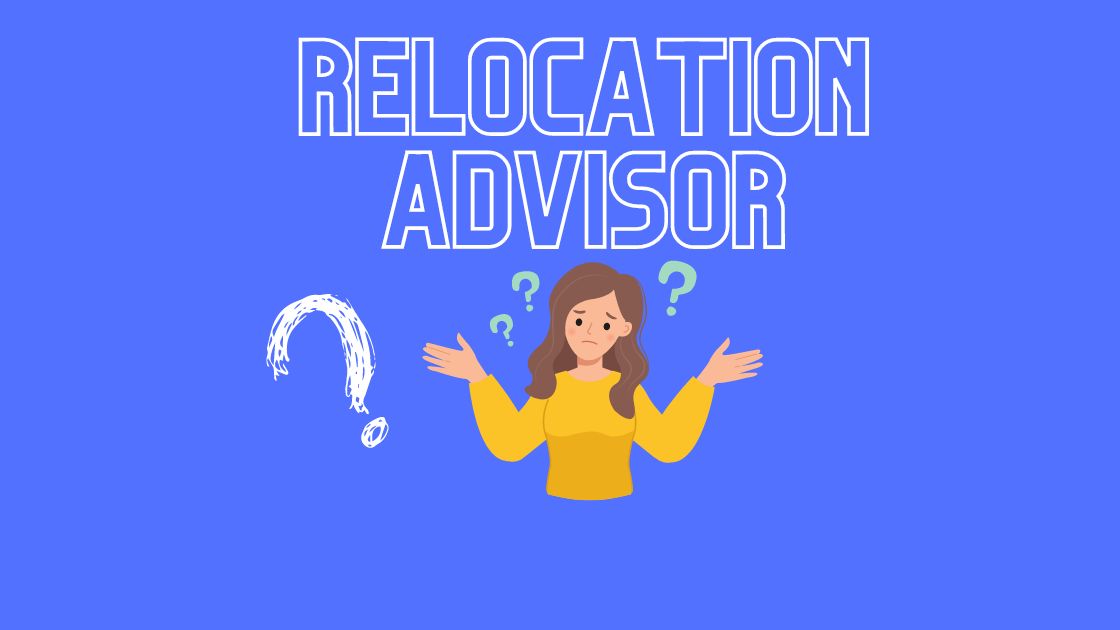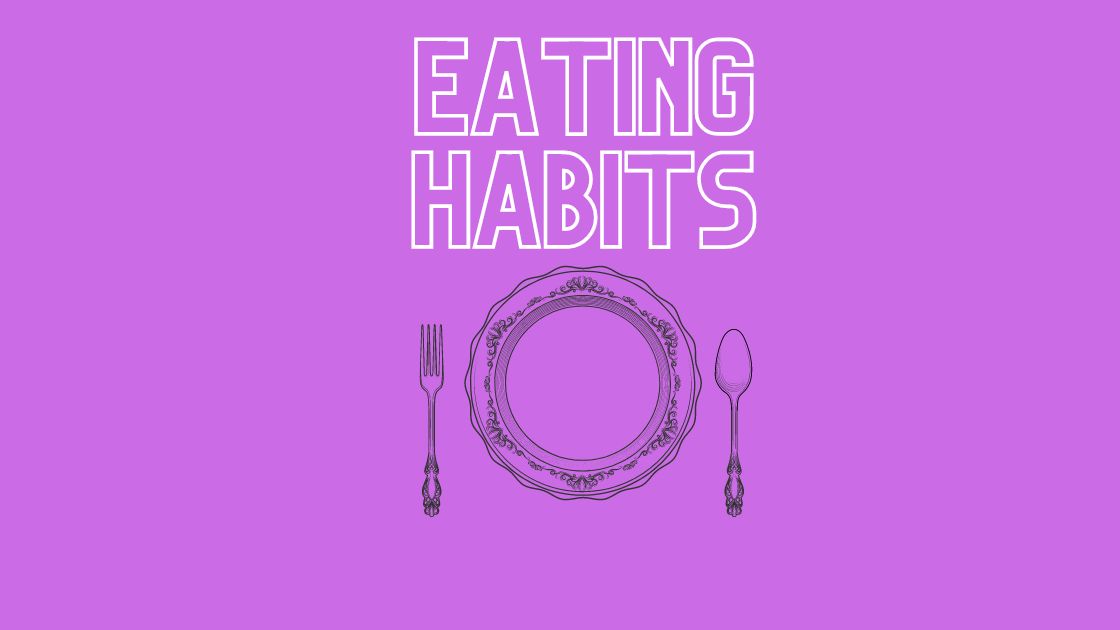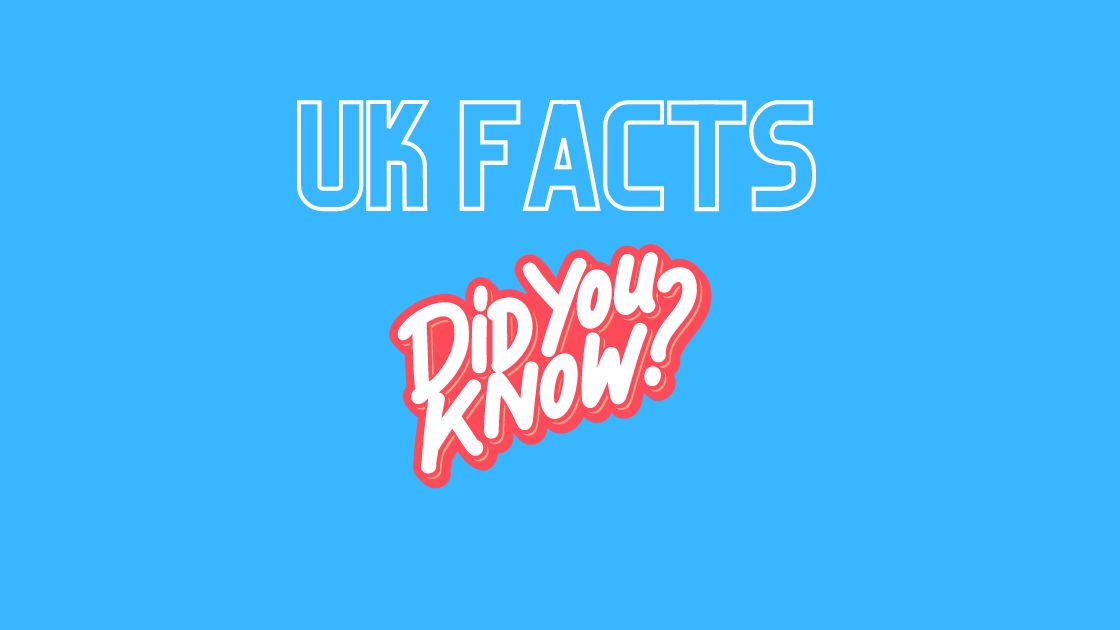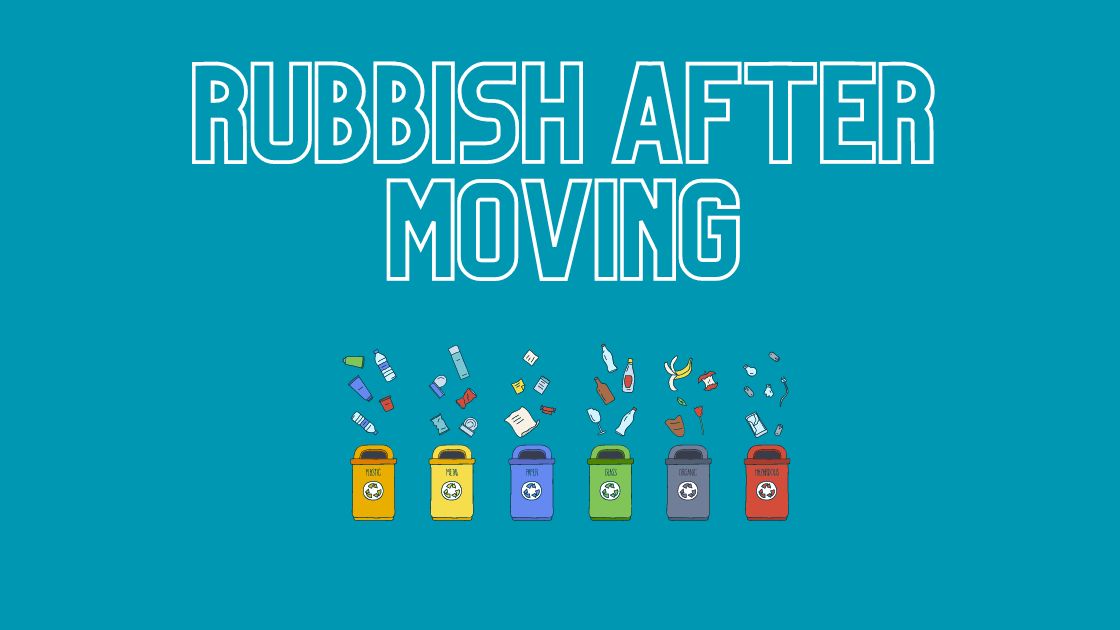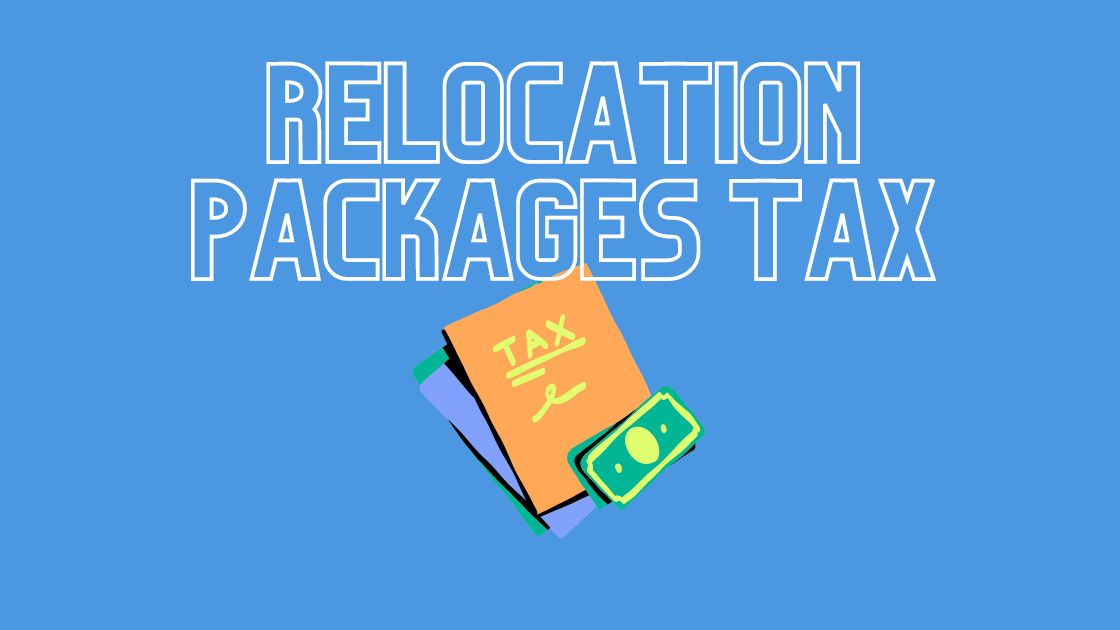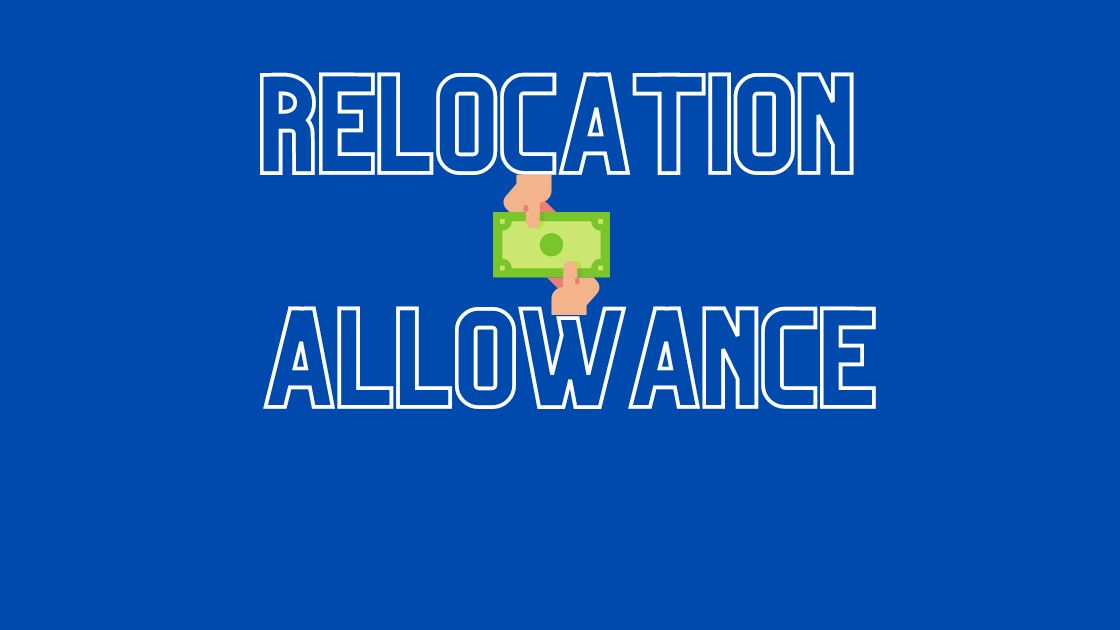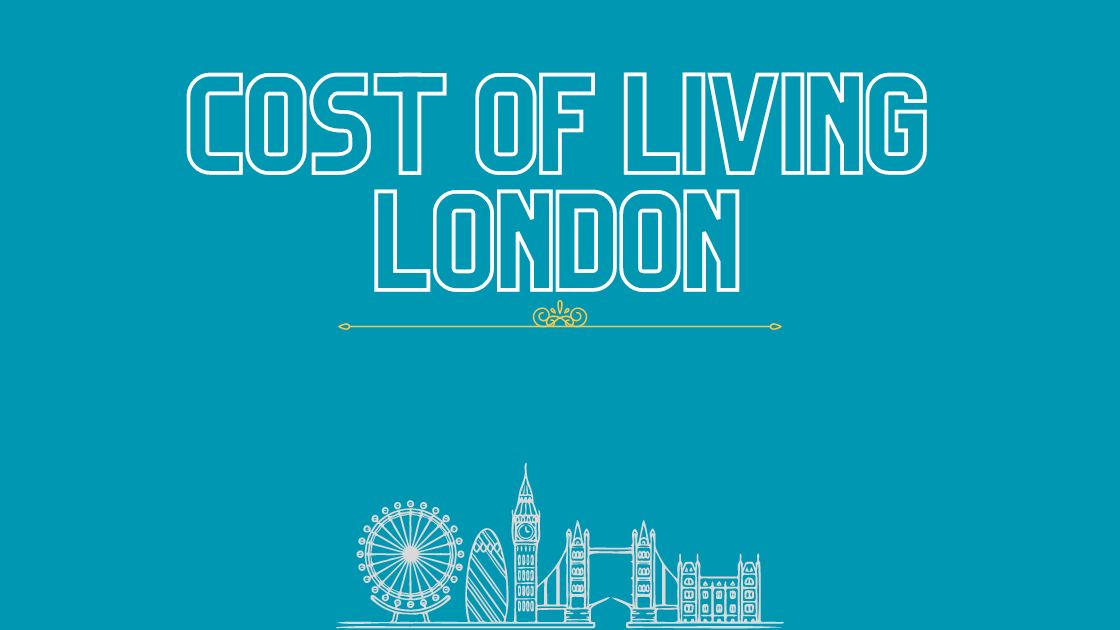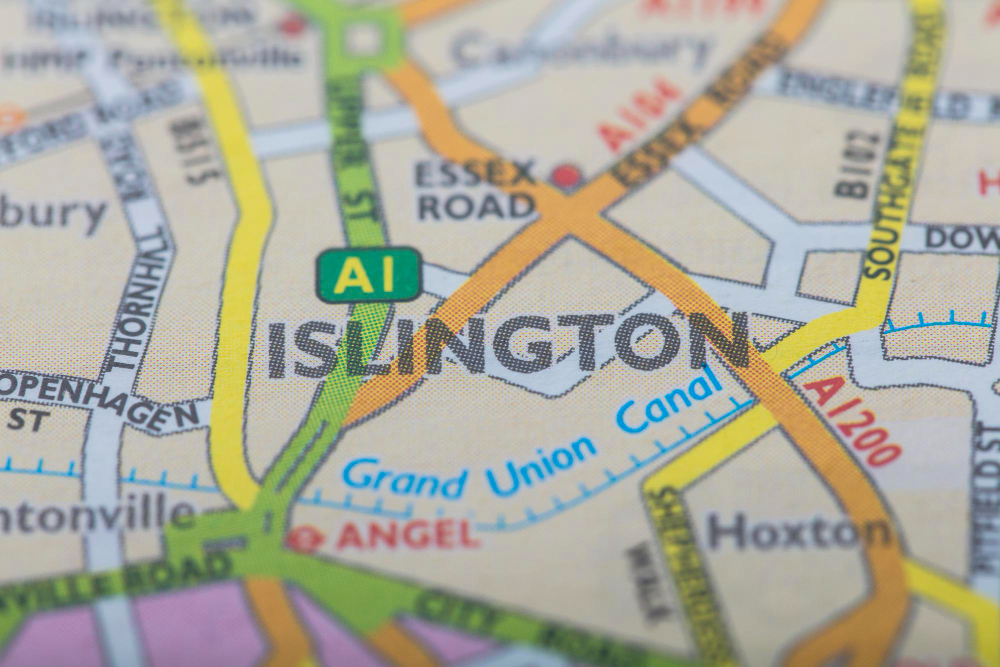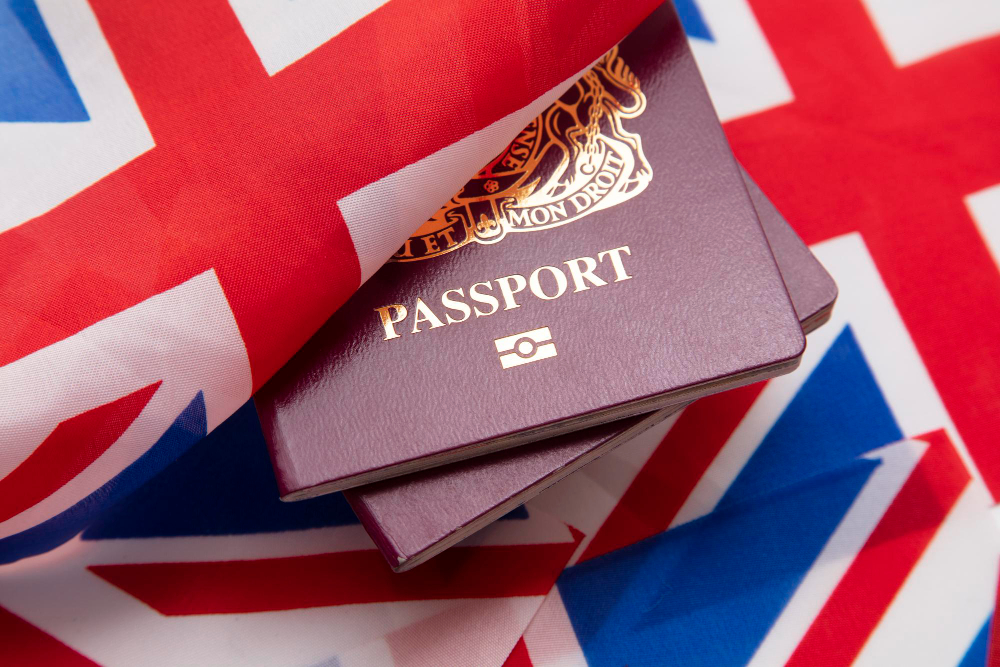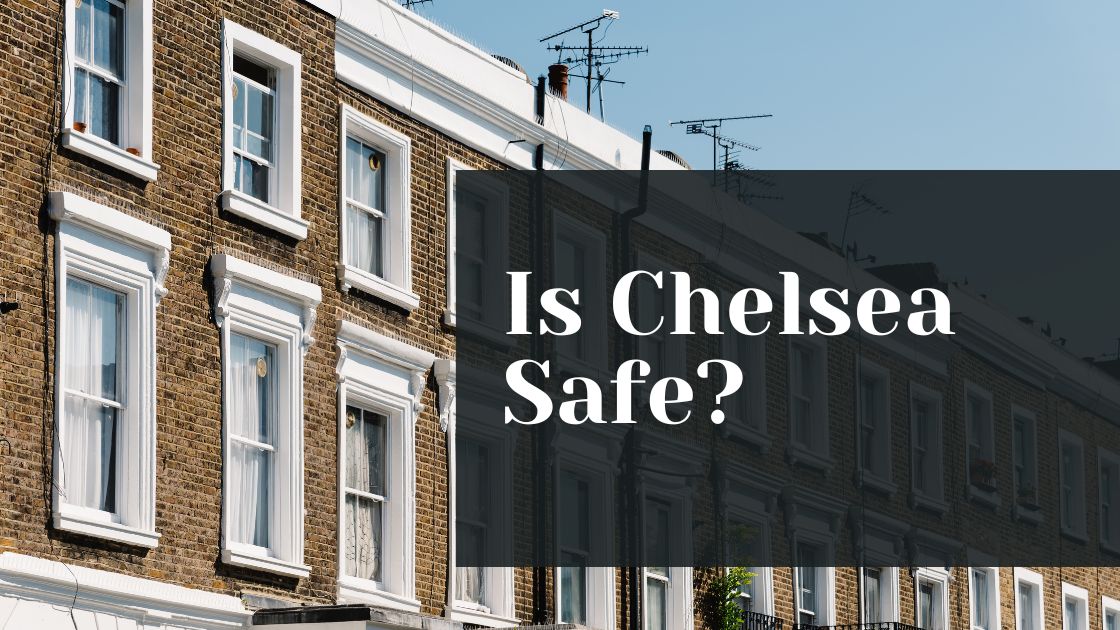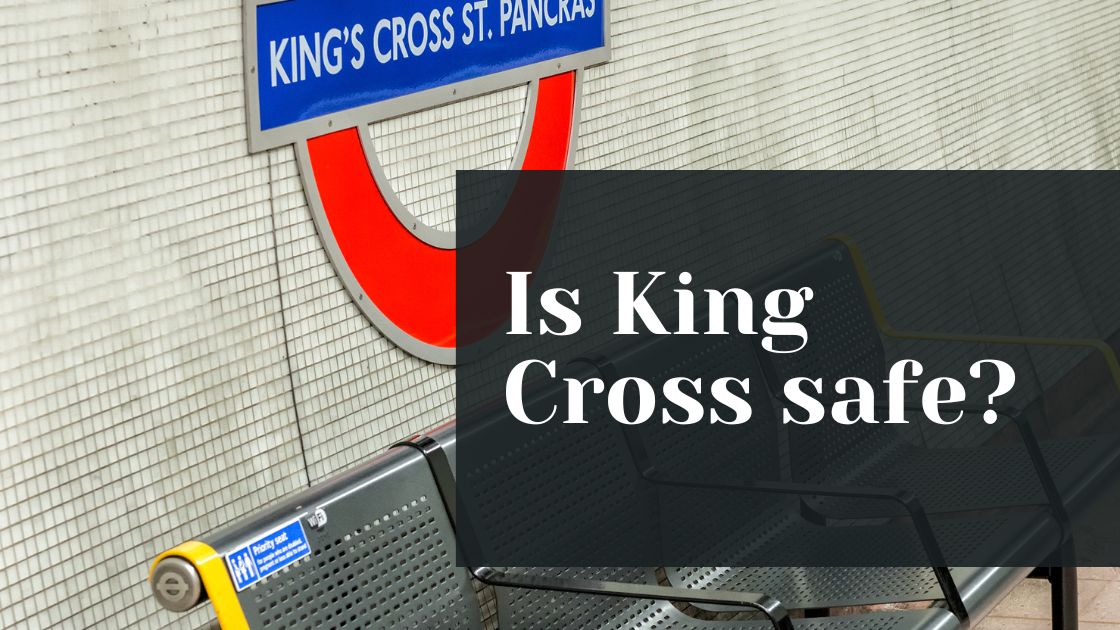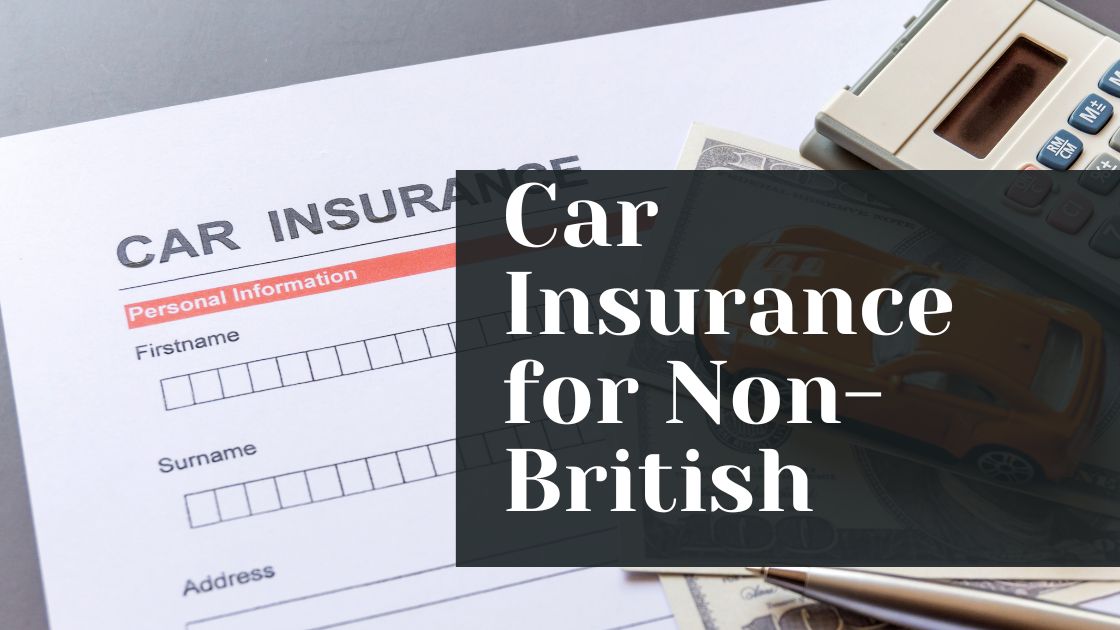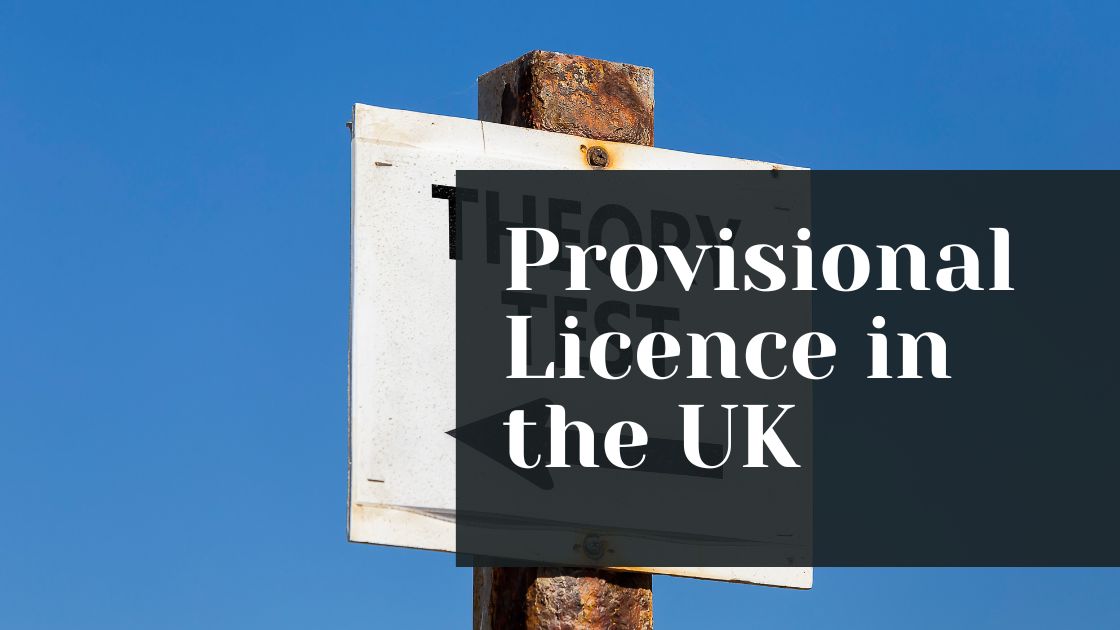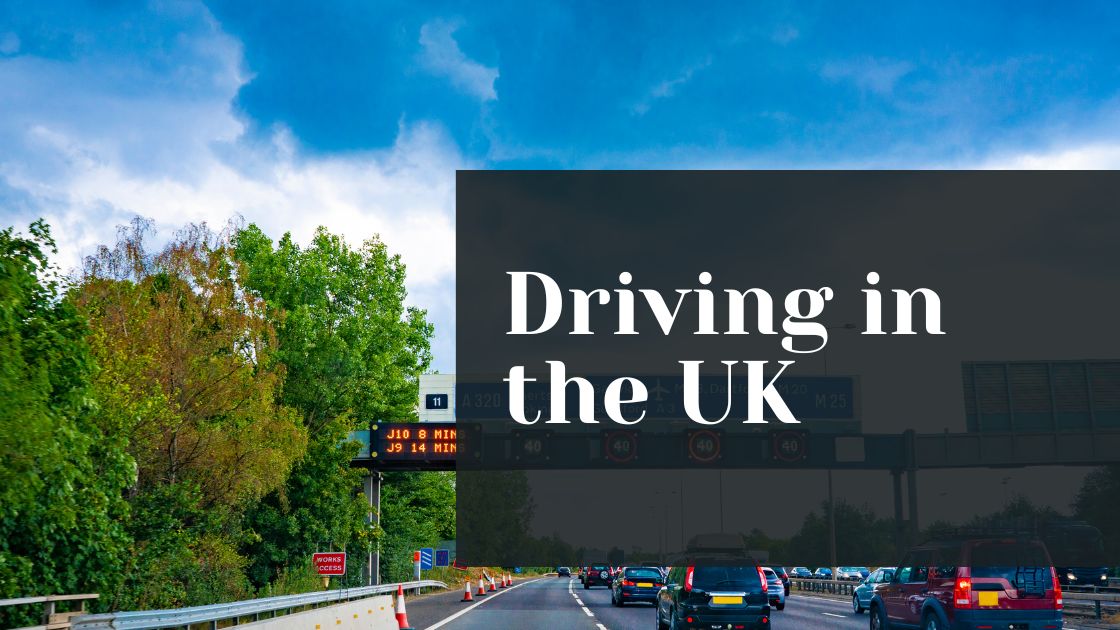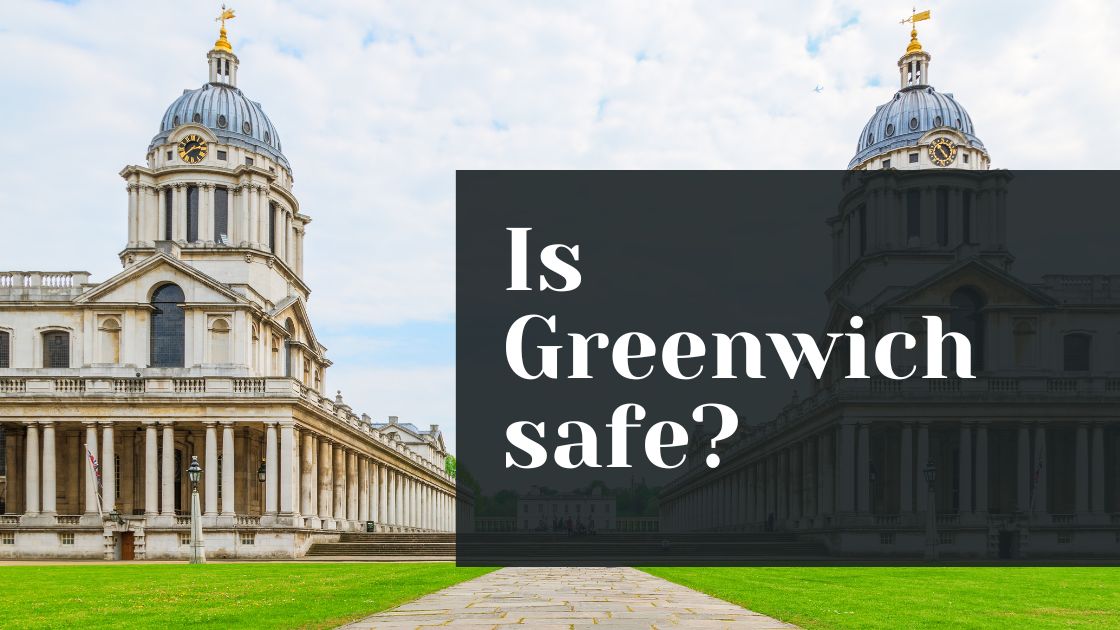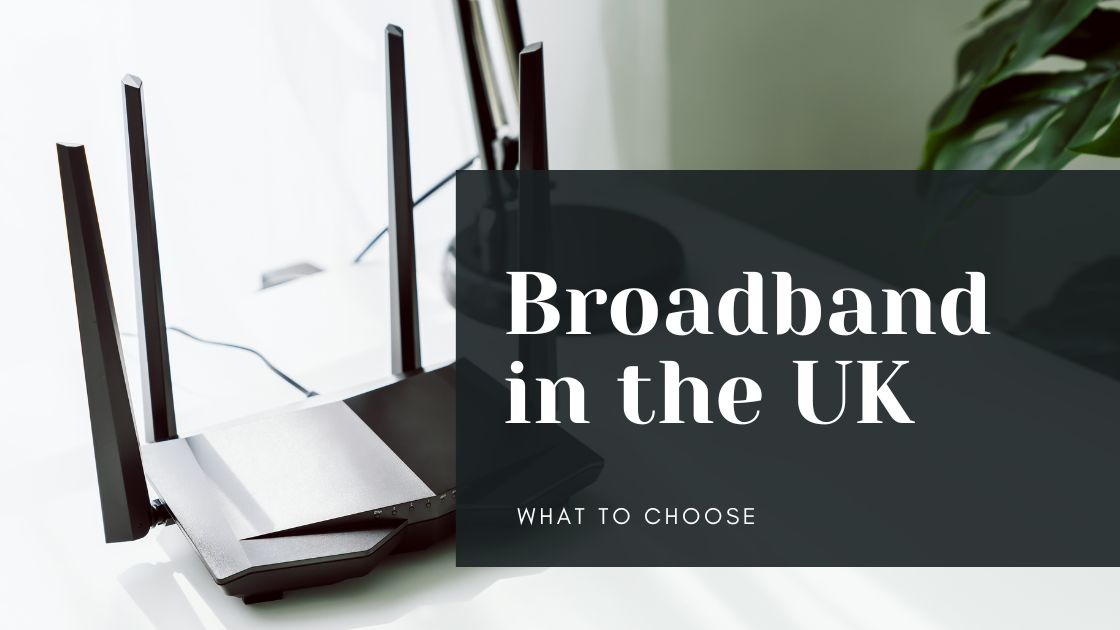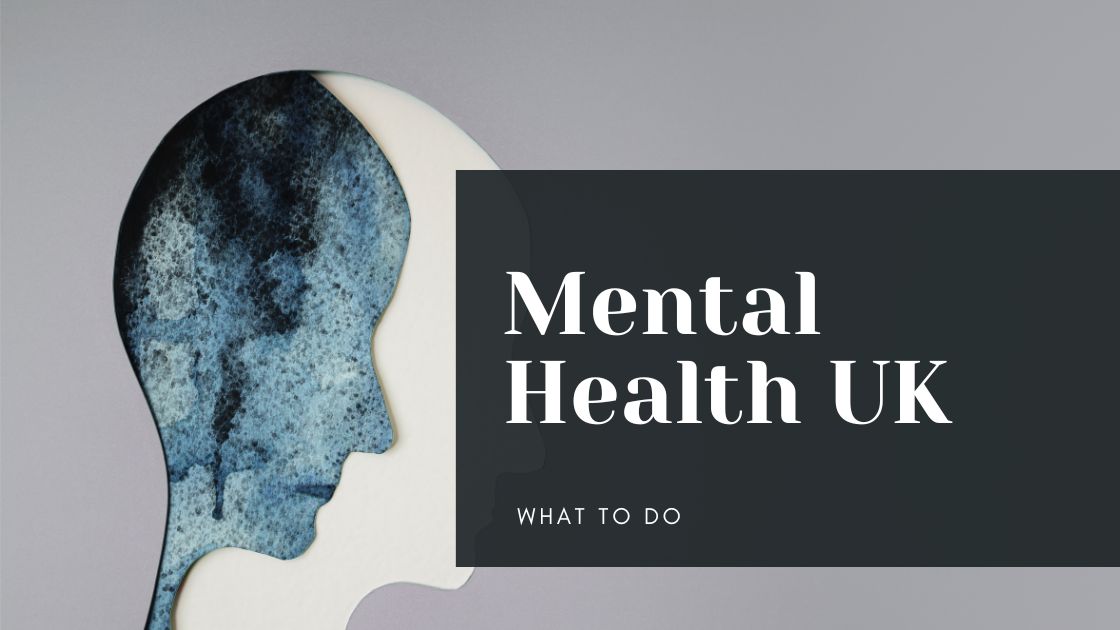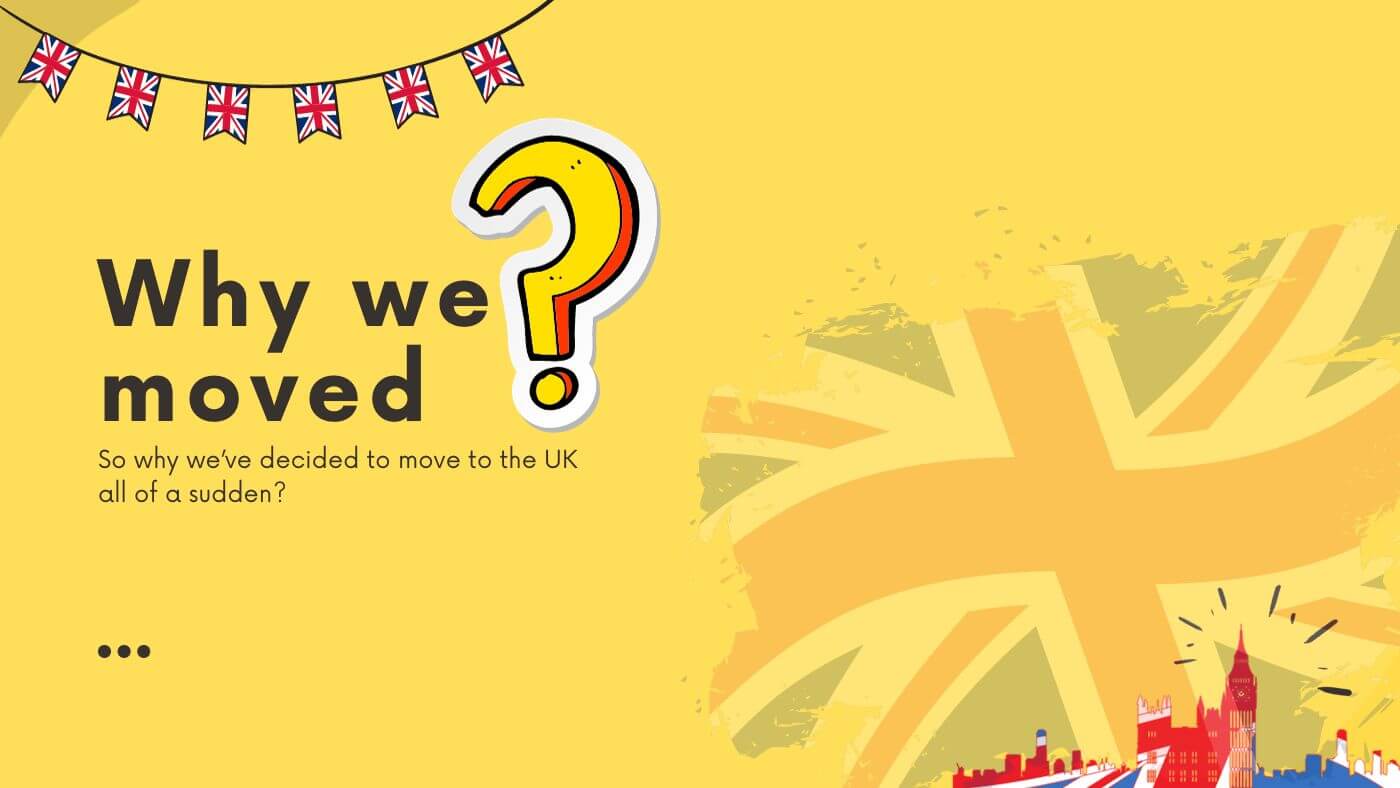If you’re starting a new chapter in the UK with your little ones, getting your head around the National Health Service (NHS) should be high on your to-do list. Think of the NHS as the backbone of healthcare here – it’s publicly funded, meaning you won’t pay out of pocket for most healthcare services.
From GP appointments to emergency treatments, it’s all covered. It’s different from the private healthcare systems you might be used to, where insurance plays a big part. For young families, especially, knowing how the NHS operates can take a load off your mind.
You’ll want to register with a local GP as soon as you can – they’re your first port of call for most health issues. It’s a straightforward system designed to look after you and your family, but getting the hang of it takes patience. So, let’s delve into what the MHS is all about.
What is the NHS?
The NHS, or National Health Service, is the main way UK citizens have access to healthcare and medicine. It’s been providing medical services from the cradle to the grave without direct charges at the point of use. As a young family making the UK your home, the NHS is something you’ll come to appreciate.
Established in 1948, the NHS was founded when the country was piecing itself together after World War II. The main idea behind the formation is that everyone should have easy access to quality healthcare, regardless of wealth. The NHS was founded on three core principles:
- To meet the needs of everyone
- To be free at the point of delivery
- To be based on clinical need, not the ability to pay
These principles have stood the test of time, and despite the many changes the service has undergone, they remain the guides of the NHS. It’s a system built on the belief that healthcare is a right, not a privilege. And we can all agree that’s something quite special.
How It’s Funded
But how is all of this funded? Well, the NHS is funded primarily through taxes. This means that a portion of your income tax, along with National Insurance contributions, goes directly towards funding the NHS. The government also allocates a significant portion of its budget each year to keep the NHS running.
It’s a system that aims to ensure that even people experiencing financial difficulties can still access health care when they need it. While this does mean you won’t see a bill for most healthcare services, it’s worth noting that there are some exceptions, such as certain dental treatments and prescriptions, which come with a standard charge.
However, there are exemptions and support schemes in place for those who can’t afford these costs, ensuring that healthcare remains accessible to everyone.
Structure of the NHS
The NHS structure might seem complex at first, but once you’ve got the basics, it all starts to make sense. At its core, the NHS is split into primary, secondary, and tertiary care.
Primary care is where you turn to first when you’re feeling under the weather. They’re the ones who’ll give you the initial advice and treatment, and if it’s something that needs a closer look, they’ll point you in the right direction. Primary care includes:
- General Practitioners
- Dentists
- Pharmacists
- Opticians
Secondary care is where you’ll find yourself if your GP refers you for further treatment or tests. Secondary care includes:
- Hospitals
- Clinics
- Urgent and Emergency Care
- Mental health services
- Some community-based services
Tertiary care is even more specialised. It’s not something everyone will need, but it’s there for complex procedures and treatments, like certain surgeries or cancer care. These services are usually based in larger hospitals or specialist centres. Tertiary care includes:
- Neurosurgery
- Plastic surgery
- Transplants
- Secure forensic mental health services
Regional Differences
The NHS doesn’t operate the same way everywhere in the UK. Each of the four countries has its own system and quirks. For example, in England, you’ve got NHS England overseeing things, making decisions on how services are provided and funded.
Cross over into Scotland, Wales, or Northern Ireland, and you’ll find they each have their bodies doing a similar job – NHS Scotland, NHS Wales, and Health and Social Care in Northern Ireland. Each region tailors its services to best fit the needs of its population, which means there can be differences in how you access certain types of care or how quickly.
Here are some of the main healthcare differences in all four countries:
| Feature | England | Ireland | Wales | Scotland |
| Funding | Mainly general taxation | Mainly general taxation | Mainly general taxation | Mainly general taxation |
| Prescription charges | Most prescriptions have a charge of £9.35 per item. Some people don’t have to pay for prescriptions, such as those on low incomes or with certain medical conditions. | Prescription charges were abolished in Ireland in 2012. | Prescriptions are free for everyone registered with a GP in Wales. | Prescriptions in Scotland are free for everyone. |
| Dental care | Is not free for adults with some exemptions, including pregnant women. | Is not free for adults with some exemptions, including pregnant women. | Is not free for adults with some exemptions, including pregnant women. | Dental examinations are free for everyone. |
| Hospital stays | Hospital stays are free for everyone. | Hospital stays are free for everyone. | Hospital stays are free for everyone. | Hospital stays are free for everyone. |
Accessing NHS Services
If you want access to the NHS, the first thing you need to do is register with a GP (General Practitioner). They’re who you’ll see for most of your health needs, from the sniffles to getting referrals for more specialised care.
Finding and registering with a local GP is simpler than it might seem. Start by visiting the NHS website and using the ‘Find GP services‘ feature. Pop in your postcode, and you’ll get a list of GP surgeries near you. Give your GP a ring or drop by and ask if they’re taking new patients. If they are, you’ll need to fill out a registration form showing some ID and proof of address.
Now, why bother registering? Well, being registered means you’re officially in the system. It makes everything smoother – from booking appointments to getting prescriptions. It means you and your family can access healthcare when you need it without the added stress of figuring it out at the last minute.
Getting an NHS Number
An NHS number is your health ID in the healthcare system here. It helps doctors, nurses, and other health professionals access your health records quickly and safely, making sure you get the care you need when you need it. To get an NHS number, you’ll first need to register with a GP. Once registered, you’ll be given a unique identification number that you’ll use for the rest of your life.
Now, if you’re heading to Scotland, you’ll be looking to get your Community Health Index Number (CHI number) instead. It serves the same purpose, making sure your health records can be easily found within the Scottish NHS system.
In Ireland, it’s known as a Health and Care Number (H&C number), and it’s used more broadly across different public services, not just healthcare.
Emergency Services
Now, let’s talk about emergencies. With kids around, you never know when you might need urgent care. If you or someone in your family needs immediate medical attention, that’s when A&E (Accident and Emergency) services come into play.
You can go straight to A&E if it’s an emergency, but remember, it’s not for minor issues that your GP can handle. For those times when you can’t get to the hospital by yourself, calling 999 for an ambulance is the way to go. Here’s a bit of good news – ambulance rides are free in the UK.
Pregnancy and Childbirth Services
The NHS offers fantastic support for expectant mothers and newborns, from your first pregnancy test right through to postnatal care. To get the ball rolling, you’ll need to see your GP or contact your local maternity service as soon as you find out you’re pregnant. They’ll set you up with your first midwife appointment, which is how your maternity care starts.
Throughout your pregnancy, you’ll have regular check-ups to make sure both you and your baby are healthy. These services offer you everything from health advice to emotional support. They’re all about making sure you feel prepared and supported throughout your pregnancy and into the early days of parenthood.
If you’re worried about anything or have any questions, your midwife or GP are there to help – no question is too small, trust me. After your little one arrives, you’ll have access to health visitor services and postnatal checks to ensure you and your baby are adjusting well.
Prescription and Medication
When you’re feeling under the weather or need medical advice, you need to book an appointment with your GP. If they decide you need medication, they’ll write you a prescription. You then take this to a pharmacy to get your medicine. As for costs, most adults have to pay a standard fee for each prescription.
However, there’s good news for young families like yours. Children under the age of 16 or 19, if they’re in full-time education, get their prescriptions for free. And that’s not all. If you or anyone in your family is pregnant or has had a baby in the last 12 months, you’re also entitled to free prescriptions. You just need to get a maternity exemption certificate from your doctor or midwife. Certain medical conditions qualify for free prescriptions, so it’s worth asking about that.
Additional Pharmacy Services
UK pharmacies aren’t there just to dispense your medication. They offer advice and support on many issues – from how to quit smoking to managing long-term conditions. Most pharmacies have a consultation room, so if you need a bit of privacy to talk about your symptoms or concerns, just ask. They can also check your blood pressure and help you manage your weight.
Plus, for parents, they’re brilliant when you’re dealing with minor ailments in your little ones – think common colds or minor rashes. They can advise on over-the-counter remedies that can help soothe your child without the need for a GP appointment.
To make it easier for you to find a pharmacist, here’s a list of the most common chain pharmacies in the UK:
- Boots. The premier pharmacy chain in the UK, boasting an extensive selection of healthcare products and services. This includes everything from prescriptions and over-the-counter drugs to cosmetics and health foods.
- Lloyds Pharmacy. The second-largest pharmacy chain in the UK. Similar to Boots, it provides prescription medication, healthcare services, and much more.
- Superdrug. Superdrug is a health and beauty retailer with a wide range of healthcare products and services, as well as cosmetics, toiletries, and fragrances.
- Well Pharmacy. A chain of independent pharmacies that offers healthcare products and services. They mostly focus on patient care and advice.
- Rowlands Pharmacy. Another chain of independent pharmacies. They also offer many healthcare products and services and have a focus on community involvement.
If you’re feeling so poorly that you can’t even leave the house to pick up your prescription, the UK has several online pharmacies as well.
- MedsOnline. MedsOnline is a smaller online pharmacy that specialises in repeat prescriptions. They offer a convenient and affordable way to get your regular medications delivered to your door.
- Pharmacy2U. They are the largest online pharmacy in the UK. They offer a wide range of prescription and over-the-counter medications, as well as a variety of healthcare services.
- Chemist Direct. Chemist Direct is another popular online pharmacy in the UK. They can fill many prescriptions and sell over-the-counter medications and other healthcare services.
Additional NHS Support Services
It’s no secret that moving can be stressful, and sometimes, you or your family might need a bit of extra support. Luckily, the NHS offers more than just doctor appointments and hospital visits.
It can give you access to various mental health services, including counselling and therapy. If you or someone in your family needs this kind of support, your first step is usually to chat with your GP. They can listen to what’s going on and then refer you to the right service.
Children’s Health Services
For your kids, there’s a whole range of health services designed to keep them healthy and happy. From the moment they’re born, they’ll be looked after by the NHS, which includes regular check-ups and vaccinations. These vaccinations are super important and are scheduled at specific times to protect your little ones from various diseases.
There’s also a school health program that keeps an eye on their development and makes sure they’re doing okay, both physically and mentally, as they grow. It’s pretty straightforward, and you’ll usually be given all the information you need by your GP or the health visitors.
Dental and Optical Services.
These two are a bit different from the standard NHS services because you might have to contribute towards the cost of your care. For dental services, everyone, including kids, needs to be registered with a dentist. Just like with GPs, you can choose your dentist, but make sure they accept NHS patients. Costs for NHS dental services are fixed, so you’ll always know what you’re going to pay before your appointment.
Optical services work similarly. Eye tests are available through the NHS for children and adults under certain conditions, but you might need to pay something towards the cost of glasses or contact lenses. However, there are vouchers available to help with these costs if you’re eligible. If you prefer, you can always go private for dental and optical care, but remember, it’ll likely be more expensive.
Patient Rights Under the NHS
You’ve got the right to access NHS services, and this includes seeing a GP and getting hospital treatment. You can expect all of this with no cost for most services, thanks to the NHS being funded by taxes. You also have the right to privacy and confidentiality, which means your personal information is kept safe and won’t be shared without your permission.
If you’re not happy with the care or treatment you’ve received, you’re fully entitled to give feedback. If you’ve had a positive experience, or if there’s something you think could be better, sharing your thoughts can make a difference. The NHS takes these complaints seriously, and they’re used to improve services.
You’ve also got the right to be informed about how services are performing. This means you can look up how your local hospital is doing in terms of patient care and safety.
Responsibilities of NHS Users
As users of the NHS, there are some expectations placed on you and your family. It’s pretty straightforward stuff – being honest about your health, following the advice you’re given, and taking any prescribed medication as directed.
It’s also expected that you’ll respect the rights of other patients and NHS staff. That means showing up for appointments on time or letting the clinic or hospital know as soon as possible if you need to cancel or reschedule. By doing this, you ensure that the system is running smoothly and everyone can access the care they need when they need it.
It’s also really important not to abuse the healthcare system. So don’t ask for unnecessary appointments or treatments, which can put a strain on resources and delay care for others who might need it more urgently. The NHS is a shared resource, and we all have a part to play in.
Navigating The Challenges Of The NHS
It’s not uncommon to find yourself twiddling your thumbs, waiting for appointments or treatments that can take longer than you might have expected. This is particularly true for non-emergency procedures and specialist consultations.
The reality is that the NHS is under a lot of pressure, dealing with high demand across the board. But don’t let this dishearten you. There are ways to manage these waits without feeling like you’re just watching the clock.
One key strategy is to be proactive about your healthcare needs. If you know you’ll need a particular service, get in touch with your GP as early as possible to get the ball rolling. Sometimes, you can try your luck and ask about cancellations. You might be able to snag an earlier appointment this way.
Seeking Private Healthcare
Then there’s the option of private healthcare, which some families consider, particularly when faced with long waiting times or when seeking services that are overwhelmed in the NHS. Opting for private care can mean quicker access to specialists, more flexible appointment times, and often shorter waits for procedures.
It’s an option worth considering for certain situations, like when a family member needs quicker diagnosis or treatment that’s not immediately available through the NHS. However, it’s important to understand how private healthcare interacts with NHS services. Typically, private healthcare works alongside the NHS, not in replacement of it.
You might see a private specialist for a particular issue while still using NHS services for other aspects of your family’s healthcare. It’s also worth noting that some private treatments can be referred through your NHS GP, which can sometimes offer a blended approach to your healthcare needs.
Mastering The NHS
So, there you have it. Getting your head around the NHS is valuable for you and your family after moving to the UK. It’s more than just a healthcare system. It’s a support network that’s there for you, from GP visits to emergency care and everything in between.
No need to wait – register with a GP as soon as you can, and don’t be shy about reaching out to local healthcare services or community resources. Take full advantage of the preventative care and various programmes available for your kids and yourself. A little bit of effort in understanding and engaging with the NHS goes a long way in making your life easier.

